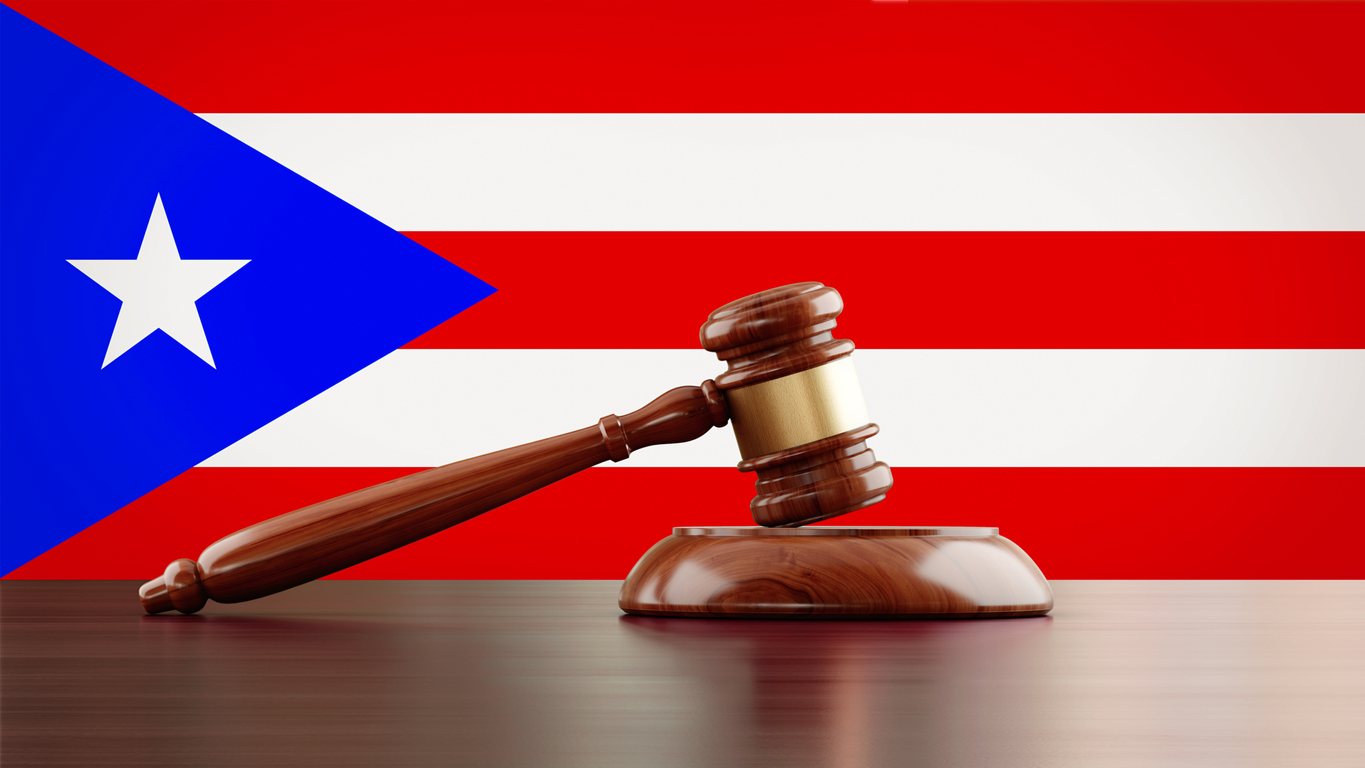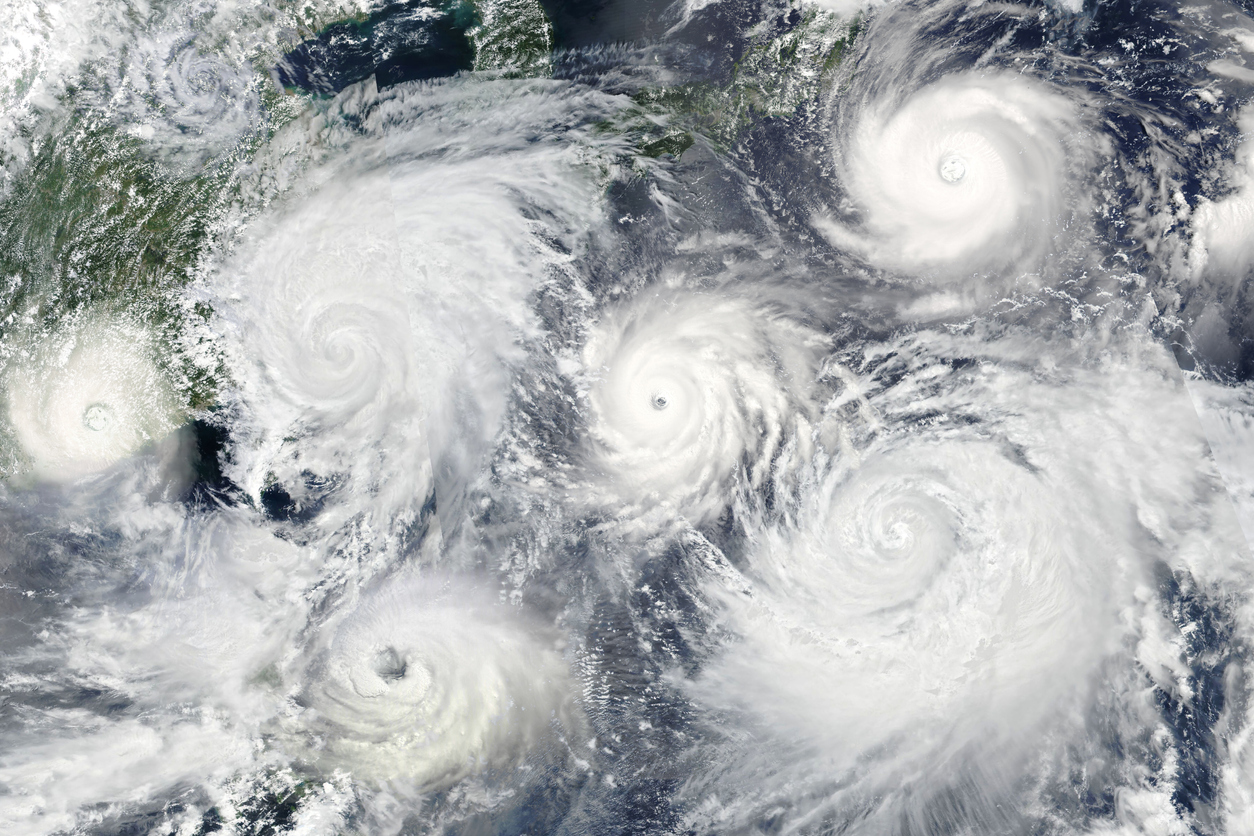Too many in Puerto Rico are still dealing with the catastrophic effects of Hurricane Maria. Today the focus is on getting basic supplies like drinking water to nearly half the population. An insurance claim is likely not a priority at this moment for those owning homes or businesses in Puerto Rico. However, insurance companies must keep their promise to policyholders and comply with the Unfair Claim Adjustment Practices or Actions statute – 26 L.P.R.A. § 2716a – which provides:
In the adjustment of claims no person shall incur or carry out any of the following unfair actions or practices:
(1) Misrepresent the facts or the terms of a policy relative to a coverage in dispute.
(2) Fail to acknowledge receipt and act reasonably prompt within ninety (90) days after a claim has been filed and notified under the terms of a policy.
(3) Fail to adopt and implement reasonable methods for the expeditious investigation of claims which may arise from the terms of a policy.
(4) Refuse to pay a claim without carrying out a reasonable investigation based on the information available.
(5) Refuse to confirm or deny coverage of a claim within a reasonable term after the loss statement is completed.
(6) Not to attempt in good faith to make a rapid, fair and equitable adjustment of a claim when responsibility is clearly present.
(7) Compel insureds or claimants to institute litigation to recover amounts due under the terms of a policy, by offering the insured claimant substantially less than the amount ultimately recovered in actions brought or by wrongfully denying coverage under the terms of the policy.
(8) Attempt to settle a claim for less than the amount to which the claimant or insured is reasonably entitled to by reference to the written or printed material sent to him/her or that was made part of the application.
(9) Attempt to settle a claim based on an altered application without the consent or knowledge of the insured.
(10) Make payments of claim to the insured or beneficiaries which are not accompanied by a statement showing the coverage under which payment is made.
(11) Make the policyholder or claimants believe in the practice of appealing from an arbitration award in favor of the claimant or policyholder with the intention of forcing them to accept a transaction or adjustment for less than the amount awarded by the arbitrator.
(12) Refuse to settle rapidly a claim when the responsibility is clearly and reasonably established under a part of the coverage for the purpose of inducing him to a transaction under another part of the coverage of the policy.
(13) Refuse to offer a reasonable explanation of the terms of a policy with regard to the facts and the law applicable so as to refuse a claim or an offer of transaction.
(14) Delay an investigation or the payment of a claim by requiring from the insured, claimant or his physician to submit a preliminary report of the claim and then require a formal statement of loss which substantially contains the same information of the preliminary report.
(15) Deny the existence of the policy coverage when the insured turned down the payment offer of a claim for such coverage.
(16) Deny the payment for a valid claim solely due to a mere suspicion of fraud or misrepresentation of the facts.
(17) Deny the payment for a claim on the pretext of insufficient information when the same could have been acquired through regular investigation methods.
(18) Reserved.
(19) Compel the insured or claimant to sign a waiver which may be construed as releasing the insurer of such contractual obligations that were not the object of the transaction.
(20) Require unreasonable conditions to the insured or claimant in order to conduct or delay the claim adjustment.
The Commissioner shall adopt the necessary regulations to make effective the provisions of this section.
If you own property in Puerto Rico, or are a representative assisting policyholders in Puerto Rico, it’s important to review this claims handling statute when adjusting claims with insurance carriers.



